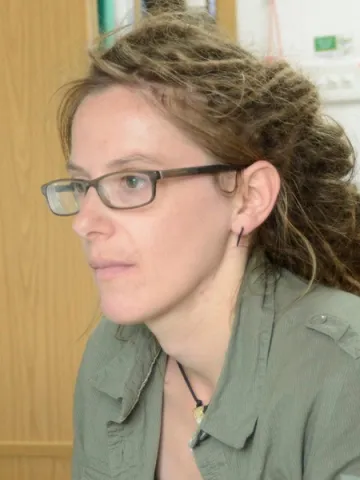About the project
Coastal zones are hotspots for biogeochemical cycling, playing a globally-important role in the Earth System and underpinning diverse societal and ecological services. Coastal sediments are highly efficient bioreactors, mineralising carbon, recycling nutrients and controlling primary production. However, coastal processes can also drive negative outcomes e.g. the production of algal blooms and low oxygen conditions, with detrimental impacts for coastal ecosystems.
Despite the importance of this part of the ocean, the environmental controls on the consumption, production and conversion of nutrients and other solutes in coastal, often sandy (permeable), sediments remain poorly understood1,2. This uncertainty arises from a paucity of direct measurements in the upper centimetre-decimetre of coastal sediments, which often feature very steep geochemical gradients. Direct measurements have not been possible previously due to a lack of in-situ sensors for many biogeochemical species. However, new Lab-on-Chip sensors3 provide analytical capabilities to finally resolve geochemical processes and provide a much-needed step change in coastal sediment understanding. This project will develop and test novel methods using for the first time Lab-on-Chip sensors to quantify nutrient gradients and fluxes in permeable sediments and will transform our understanding of critical biogeochemical processes across coastal zones.
For full project details visit the Inspire project page.
Lead supervisor
- Doctor Anna Lichtschlag (National Oceanography Centre)
Supervisors
- Doctor Allison Schaap (National Oceanography Centre)
- Doctor Charlie Thompson (University of Southampton)
- Doctor Ruth Parker (Cefas)
